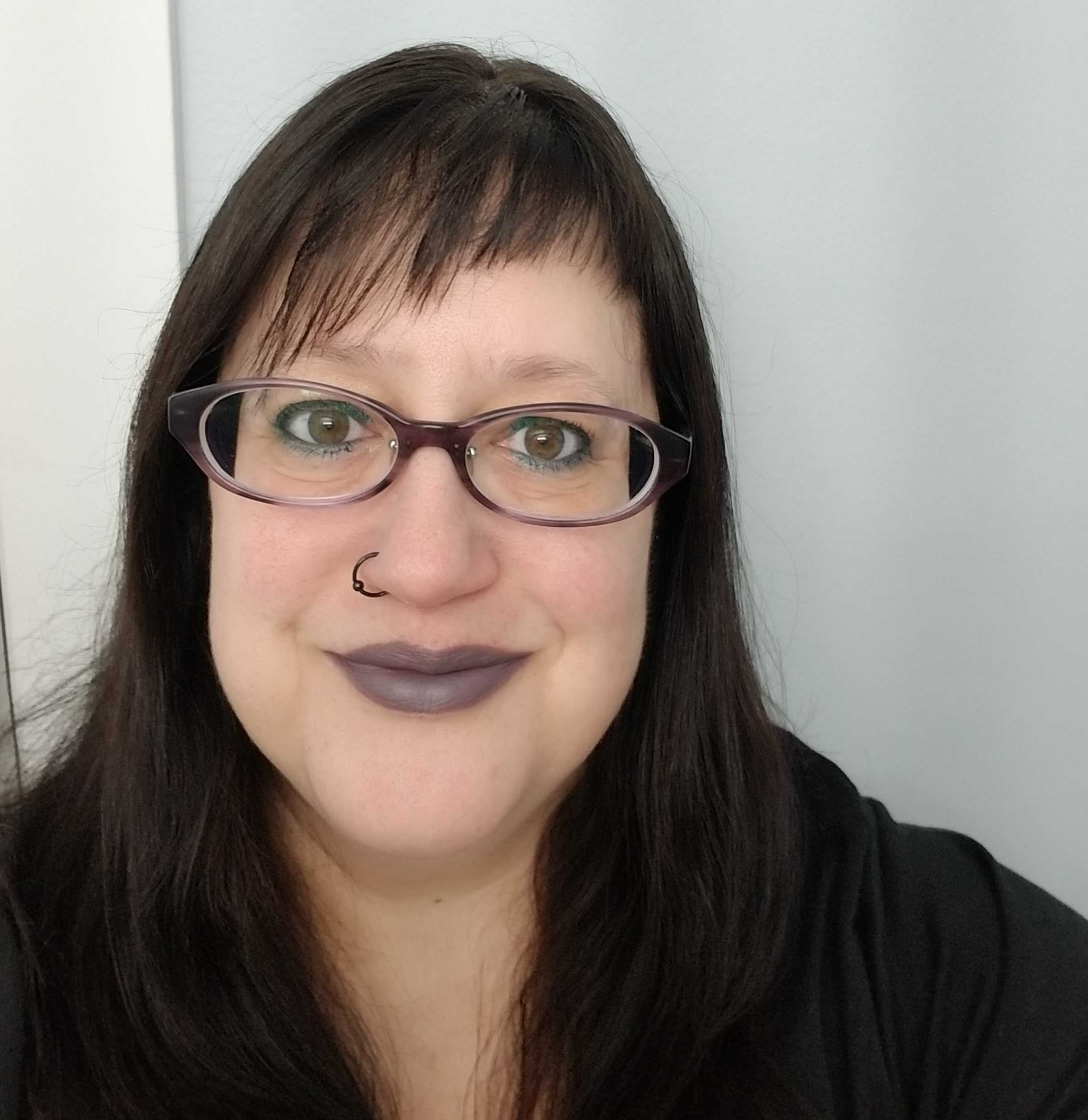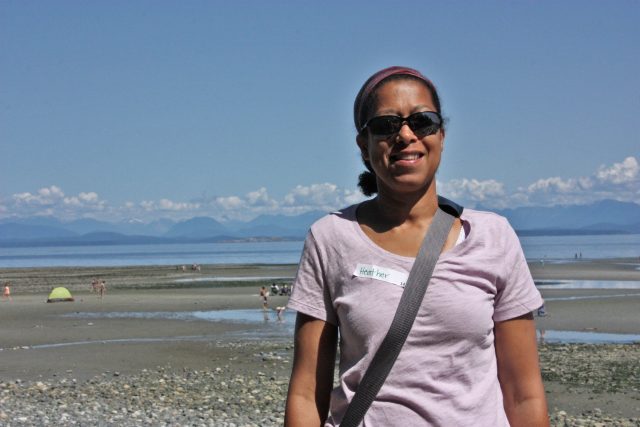
Staff
Hope for the Journey
Alison is a writer and story teller. She believes that everyone has a story that is worthy of telling. By sharing our stories with each other, we learn and grow, we inspire each other towards hope. And hope is something we all need.

“I still struggle with hope,” she says. “I need to hear stories and be inspired. I like that about my job, I find people inspiring.”
The job she refers to is that of Peer Support Worker (PSW). Alison is an assistant manager at Communitas Peer Support, which offers mental health support to people living in the Fraser Health region. What Alison loves about her work is the mutuality of it.
“Peer Support Workers have lived experience with mental health challenges and can serve as role models,” she says. “By sharing our stories with each other, you hear that message of hope. A person realizes that they can come through their experience and actually imagine a life for themselves.”

Alison has made a good life for herself but it’s been a long journey to get to where she is today. She has lived with mental health challenges since childhood. Her first visit to a psychiatrist was at age 13. Much of her high school years were difficult because of the depression and anxiety with which she struggled. She went on to university and while she always did well academically, she continued to wrestle with her mental health.
“I was basically given pills and told to go live my life,” she remembers.
She tried to build a life for herself. She fell in love and followed her boyfriend to Ottawa where he had found work. Most of what Alison found was being in and out of hospital, dealing with medications and a variety of treatments, none of which seemed to help her. It wasn’t until she was in her mid-30s that a psychiatrist finally recognized the patterns of depression in her life. She was eventually diagnosed with borderline personality disorder and was offered a therapy that would change her life.
“Dialectical Behavioural Therapy or DBT was a turning point for me,” she says. “It gave me practical skills that I could apply to my life every day.”
DBT is a type of cognitive behavioural therapy that tries to identify and change negative thinking patterns and pushes for positive behavioural changes. Alison says it gave her the ability to regulate her emotions and respond to people and situations in a healthy way.

“I learned mindfulness techniques – what I call ‘the pause’ – that really helped me. When I am confronted with a situation, instead of reacting, I pause and make a choice about how I am going to respond,” she explains. “That was really important for me.”
In 2011, she returned to the West coast and met someone at a mental health clubhouse who was training to be a PSW. This was her first experience with the concept. She was so intrigued by it that she applied for training and was accepted. Patrick Raymond is the coordinator for Peer Support in the Fraser Health region. He remembers meeting Alison during her training.
“It was obvious to me from the beginning that Peer Support work was something Alison believed in wholeheartedly,” he says. “When she did Peer Support Canada Certification Testing, Alison had received the highest score ever given on her knowledge exam. The team and I are very proud of her and so glad that she is with us.”

Alison has been doing this fork for 6 years now and loves it. Meeting people, sharing her story, and being inspired by others makes this meaningful and uplifting work.
“Recovery is all about moving forward, getting from one place to another,” she says. “Peer Support helps you see that recovery is possible because we’re at a different place on the journey.”
Related Stories

Fulfilling a Desire to Serve
Heather is a person who has a deep desire to serve; it’s what makes working at Communitas such a fulfilling place to be!

Thankful for a Safe Place to Grow
Vicky is grateful for her experience at Communitas and the way it helps support and shape her desire to serve others.

You Can’t Ask That!
Last fall, Peer Support Worker, Adria Roberts had the opportunity to share her journey with schizophrenia in a very unique way, one that is being shared across Canada.